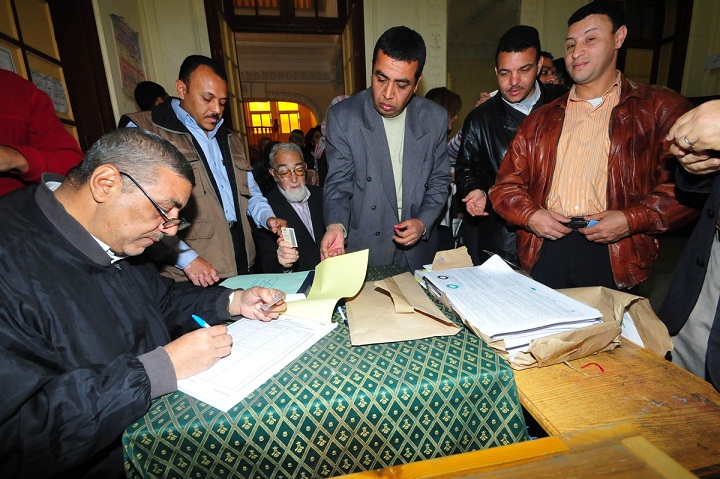
(UN Photo/Rick Bajornas)
By Charlie Miller
The Egyptian military has taken “robust measures” against the network of tunnels into the Gaza Strip, United Nations Special Coordinator for the Middle East Peace Process Robert Serry stated in a meeting of the UN Security Council in New York on Tuesday.
Serry claimed that some reports suggested that around 80% of the tunnels are “no longer functioning” as a result of steps taken by the military.
The Gaza Strip relies heavily on the underground tunnel network for commodities such as fuel and basic building materials, which are subject to “severe restrictions” at official crossing points, Serry explained, calling on Israel to relax strict import controls imposed on the territory.
He warned that “economic and humanitarian conditions will further deteriorate if access into Gaza through legal crossings of basic commodities like building materials is not liberalised.”
The focus of the council meeting was the resumption of final status negotiations between the Israelis and Palestinians, but political developments in Egypt were discussed due to their impact on the Gaza Strip.
Armed forces spokesman Colonel Ahmed Ali told the Daily News Egypt that the crackdown on tunnels began as a result of the killing of 16 soldiers in the Sinai Peninsula in August 2012, and noted that tunnels are being discovered and closed at a rate of between two and five per day. At least 600 of the estimated 1,200 tunnels between Egypt and Gaza had been closed entirely, Ali added, but the military occasionally encountered problems when tunnels ran under civilian properties.
Serry informed the Security Council that Egypt had ordered two battalions into the Sinai Peninsula to due to the deteriorating security conditions, citing a dual rocket attack on the Israeli city of Eilat, close to the Taba border crossing with Egypt. A Salafi militant group had claimed responsibility for the attacks, he added, which occurred on 4 July and resulted in no damage or reported casualties.
A delegation from the European Union was also present at the meeting, and echoed calls from the international community for a transfer of power to a “civilian-led and democratically elected government”, an end to violence and “restraint and full respect for human rights and fundamental freedoms.”
In a press briefing held on Tuesday, Martin Nesirky, spokesman for the United Nations Secretary-General Ban Ki-Moon, conveyed the organisation’s “considerable concerns” regarding recent bloodshed. “Senior UN officials are in touch with the Egyptian authorities,” he said, in order to “underscore the need for reconciliation and for an inclusive political process” with the aim of a return to a civilian administration.

